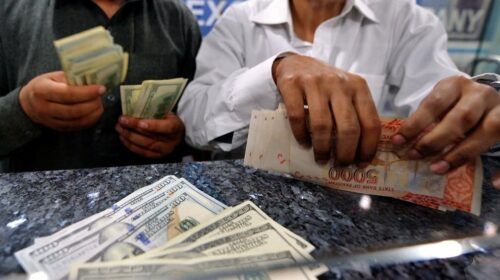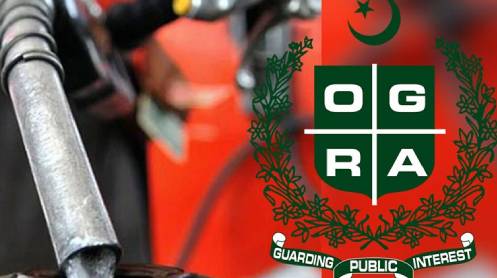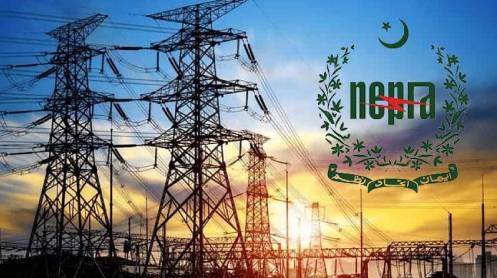Bolstered by developments on the political front and positive market sentiment, Pakistan’s rupee registered another significant gain against the US dollar, appreciating 0.96% in the inter-bank on Monday.
As per the State Bank of Pakistan (SBP), the rupee closed at 182.93 after a day-on-day appreciation of Rs1.75 or 0.96%. On Friday, the local currency recorded its biggest increase on a day-to-day basis in the inter-bank market in two years, after it closed at 184.68.
In the last two trading sessions, the rupee has recovered by 2.87%. Despite the back-to-back gains, the rupee has still lost nearly 17% since its most-recent high in May last year.
During the previous week, the rupee had lost nearly 2.2% before Friday’s gain. U-turn: Rupee posts massive recovery against US dollar, closes at 184.68.Rapid currency depreciation has also forced the central bank to intervene. It raised the discount rate by 250bps in an emergency meeting on Thursday last week, besides taking other measures to stop the rupee’s fall.
Oil prices, a major determinant of currency parity, also dropped by more than $2 a barrel on Monday after a second straight weekly decline on plans to release record volumes of crude and oil products from strategic stocks and on continuing coronavirus lockdowns in China.
“The return of political clarity brought this improvement in the rupee,” Fahad Rauf, Head of Research at Ismail Iqbal Securities Limited, told Business Recorder. “However, reforms are needed in order to continue with this gain,” he said.
“The incoming government’s plan on the economy and revival of the International Monetary Fund (IMF) programme would dictate future sentiments. It should reverse fuel subsidies, which is a key demand of the IMF. It is a challenge but difficult decisions need to be taken,” he said.
Meanwhile, Malik Bostan, Chairman of Forex Association of Pakistan, told Business Recorder that the market is enjoying a return of confidence amid a rather peaceful transition of power. “However, there are some political concerns still lingering,” he said.
In a series of tweets, Samiullah Tariq, Head of Research at Pak Kuwait Investment Company Limited, highlighted the measures needed to be taken by the upcoming government for the economic revival.
On an immediate basis, the government should “restore the IMF programme by eliminating subsidies offered on fuel, electricity and withdrawing amnesty. Ensure adequate level of foreign exchange reserves to give market confidence, and ensure an adequate level of stocks of fuel, power for summer months ahead”.
The market expert added that in the medium term the government should focus on improving agricultural production, improving the energy sector and focusing on exports.
Tariq urged the incoming government to remember that economic growth would only be sustainable if the exchange rate is market-driven. “Else, it’s going to create problems for Pakistan’s balance of payments,” he said.





